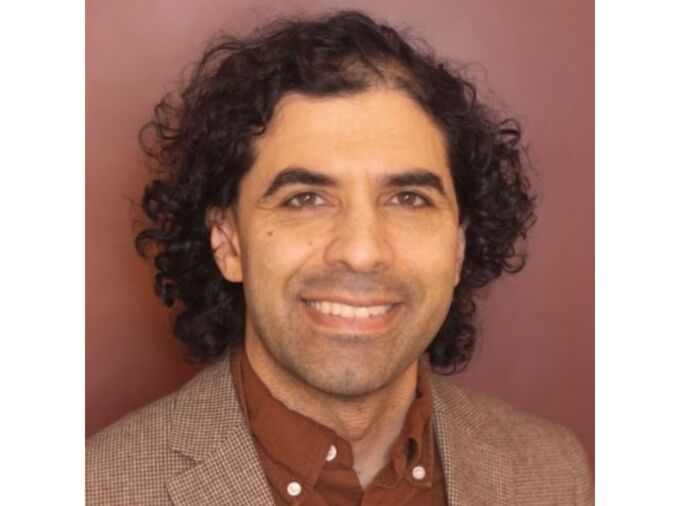
About
Through interdisciplinary and collaborative innovation, we are driving the future of the Information Age.
Opening its doors in 1999, the College of Information Sciences and Technology at Penn State is home to a thriving community of students, scholars, staff, alumni, and friends. Through innovative research and a student-centered approach to interdisciplinary education, we are delivering on the college's founding mission to prepare leaders for the Information Age. Our passionate students, renowned faculty, and supportive alumni network have propelled the college to forge new frontiers and create a meaningful impact at Penn State and beyond.

Recent News

July 10, 2025
In photos: 2025 Central Pennsylvania Festival of the Arts

July 10, 2025
IST alumnus leverages Nittany AI Alliance experience into full-time career

July 02, 2025
Wilson writes Q&A on importance of grad students in research

June 30, 2025
Q&A: Improving how blind and low-vision people navigate deepfakes
Upcoming Events
Aug
14
Science Undergraduate Laboratory Internships (SULI) Application Workshop
Date & Time: August 14, 2025, 2:00 pm–3:00 pm
Location: Virtual
Sep
16
Erie Insurance Recruiting Day
Date & Time: September 16, 2025, 11:00 am–3:00 pm
Location: Westgate Building | Second Floor Hallway
Aug
04
Discover Lockheed Martin - Engineering Related Majors
Date & Time: August 4, 2025, 12:00 pm–1:00 pm
Aug
05
Discover Lockheed Martin - Finance & Business Operations Related Majors
Date & Time: August 5, 2025, 8:00 pm–9:00 pm









